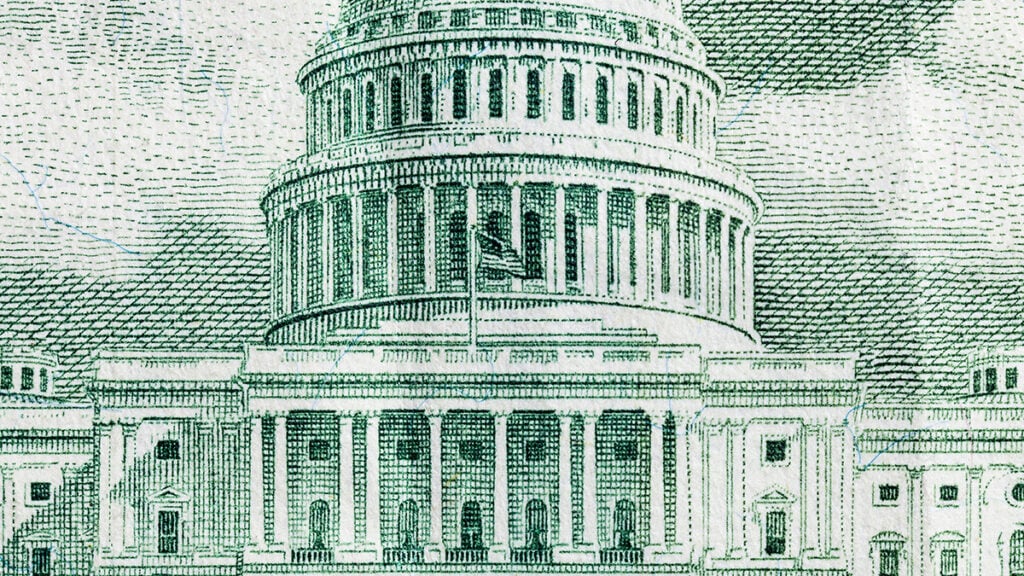The Inflation Reduction Act signed by President Biden last month will crack down on corporate tax dodgers and strengthen enforcement of tax laws already on the books, raising hundreds of billions of dollars to be spent on climate, health and other priorities. But these reforms will not directly raise taxes on even the wealthiest individuals. A group of Democrats in Congress believe that the next step for tax fairness is a new bill requiring billionaires to pay taxes on their income each year just like the rest of us.
In July, Reps. Steve Cohen, Donald Beyer and more than 30 other lawmakers introduced the Billionaires’ Minimum Income Tax. The bill would enact President Biden’s proposal to require the very wealthiest households to pay at least 20 percent of their true income – including specific income that is not taxed under the current rules – in personal income taxes. This would be an important step toward making the tax code fairer and ensuring that our communities have the resources they need.
Most Americans earn wages at a job and pay taxes on those wages each year. The tax rules are very different for the rich. Uber-wealthy individuals usually have capital gains income, which is the increase in value of their assets. Capital gains are taxed only when an individual sells an asset and receives a profit on the sale. That profit is called a “realized” capital gain.
When the value of an asset increases and the owner does not sell it, that asset appreciation is called an “unrealized” capital gain. Most economists view unrealized capital gains as income, but the tax code exempts them.
For example, ProPublica reported that Jeff Bezos’s wealth grew by $99 billion from 2014 to 2018. An economist would say Bezos must have received at least $99 billion of income during that time because his ability to buy companies or mansions or rockets grew by that amount. But it turns out that most of that income was unrealized capital gains. He reported just $4.22 billion in income to the IRS during those years – a huge number for a normal person, but a rounding error to him. The $973 million he paid in federal income taxes comes to about 1 percent of his true income, including unrealized capital gains.
But this tax break is only an appetizer for the Bezos family. Their main course will come when they inherit his assets. At that point, the tax rules on the books today permanently exempt any unrealized gains on assets that he still owns on the last day of his life. Today he is estimated to be worth around $150 billion, and the vast majority of that is unrealized capital gains. It is quite possible that this income, if not more, will escape taxation forever when he dies.
The President’s proposal would ensure that people like Bezos pay at least 20 percent of their true income – meaning income as currently defined plus unrealized gains that are exempt under current law – in personal income taxes each year.
The proposal applies to those with incomes of more than $100 million and applies at the full rate to those with income beyond $200 million. The administration projects that most of the revenue raised would be paid by billionaires.
For most of us, it makes sense that our tax rules exempt unrealized capital gains. For example, if you make $80,000 a year and ten years ago you spent $100,000 on a rental property now worth $150,000, you have $50,000 of unrealized capital gain. But you are not required to pay income tax on any capital gain unless you sell the property and realize that gain as a profit. This makes sense, because, as a middle-income person, you may not have cash on hand to pay the income tax on that $50,000 until you sell the property.
But continuing the unlimited exemption for unrealized capital gains does not make sense for the people affected by this proposal, those whose income exceeds $100 million each year and who live in a completely different world from the rest of us.
For example, CEOs and founders of companies like Elon Musk and Jeff Bezos arrange to receive most of their compensation as unrealized gains on stock or stock options. They can sell stock (and realize gains) whenever they need cash. They can choose to realize very little so that they have little to report to the IRS. They can avoid realizing this income by borrowing against their assets to finance their luxurious lifestyles until they die, at which point our tax system forgets about their unrealized gains forever, ensuring that this income is never taxed.
The Inflation Reduction Act includes important reforms for corporate taxes and enforcement against wealthy tax evaders, but Congress cannot stop there. The Billionaires’ Minimum Income Tax is the next step to creating a fair and functional tax system.





